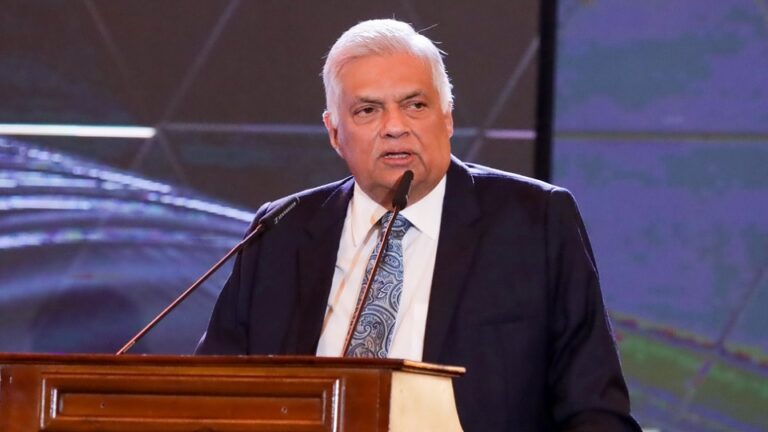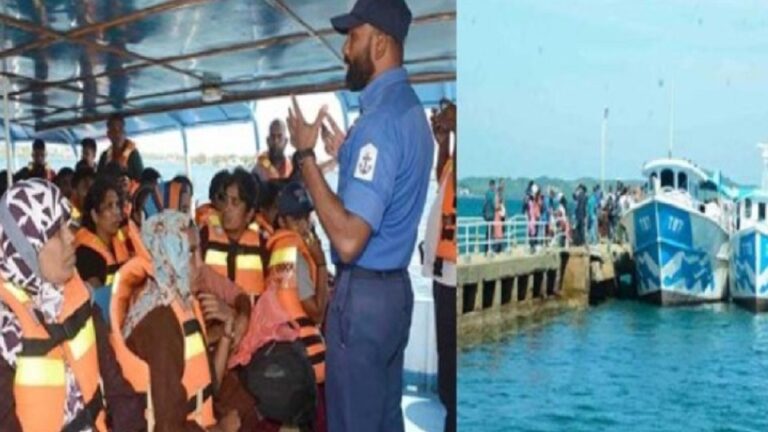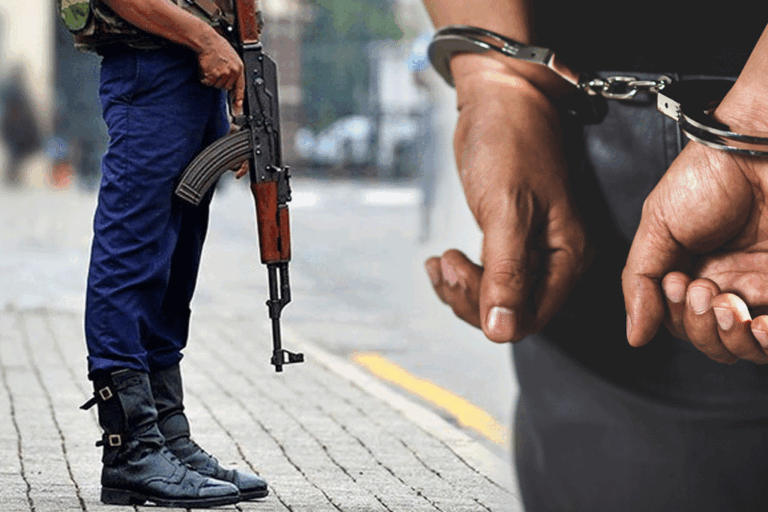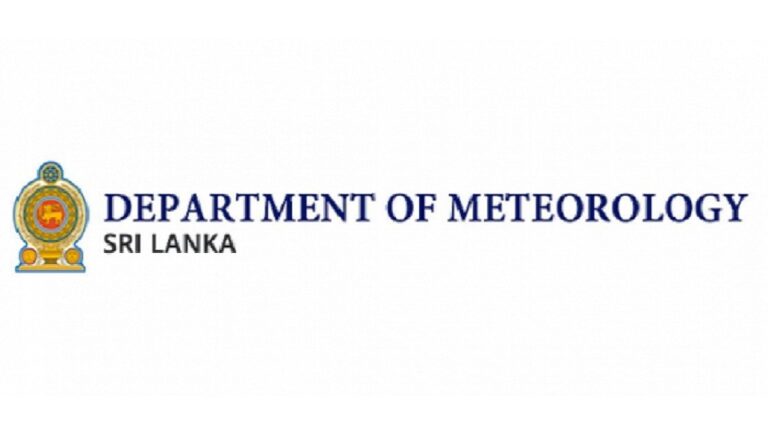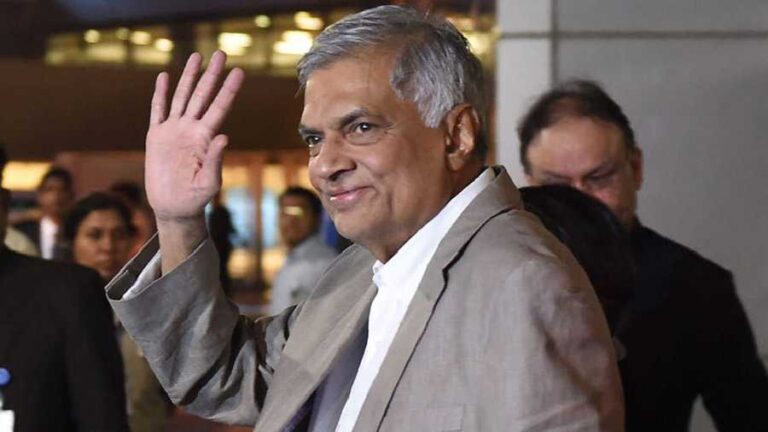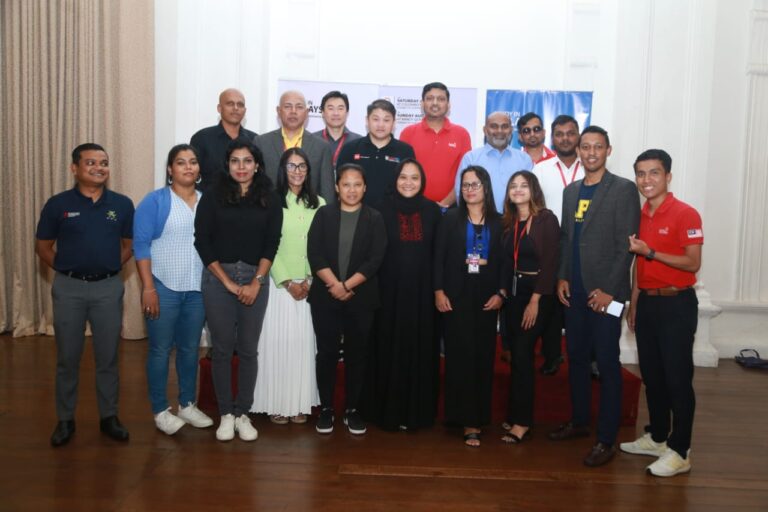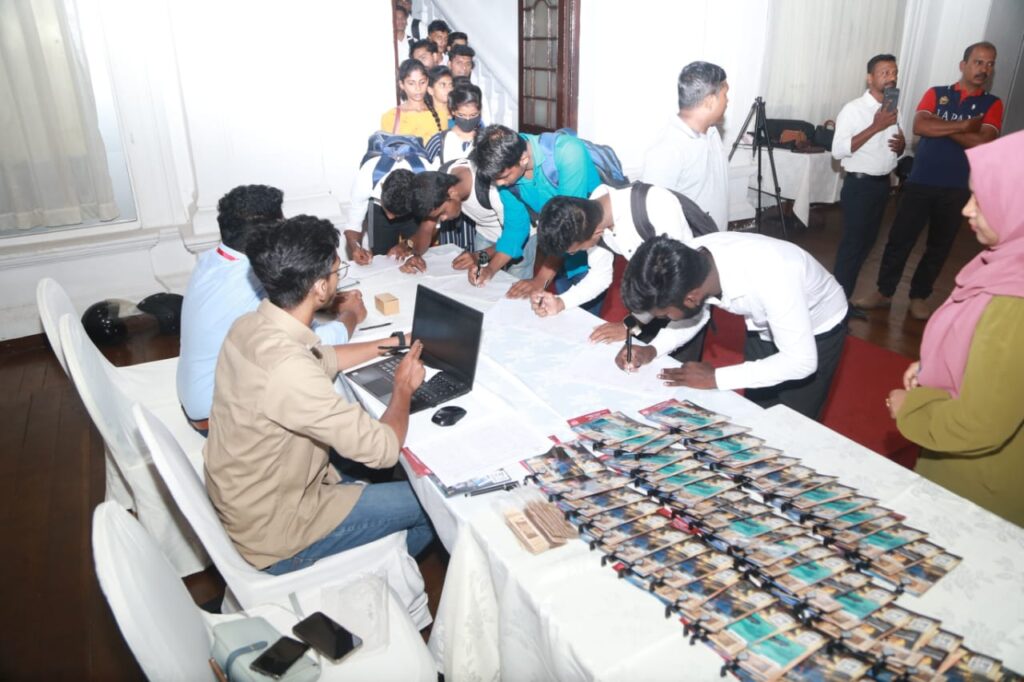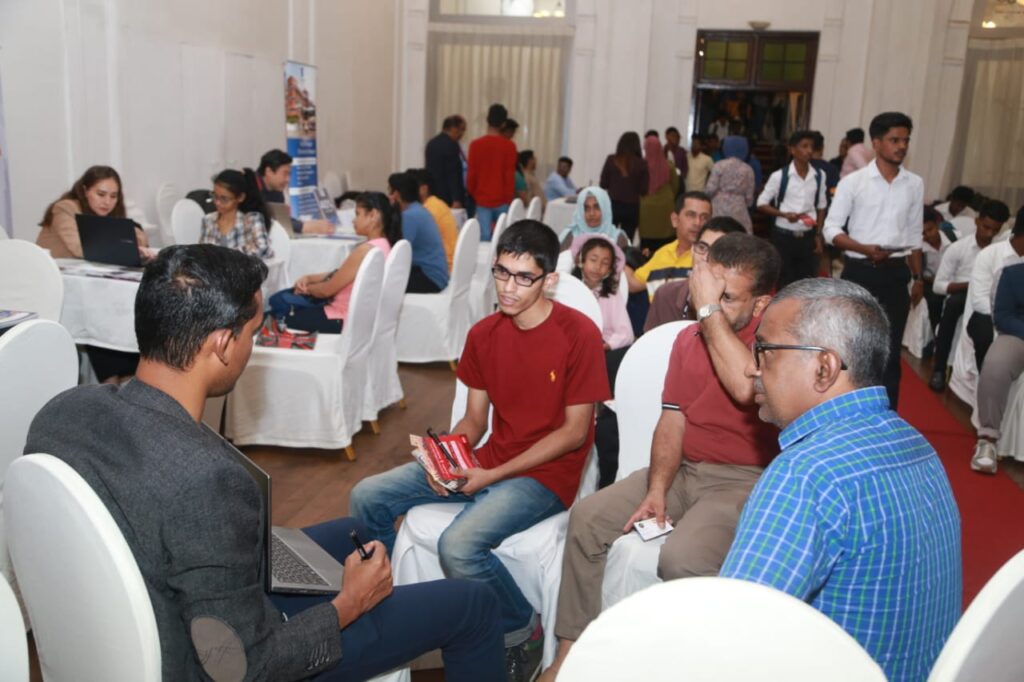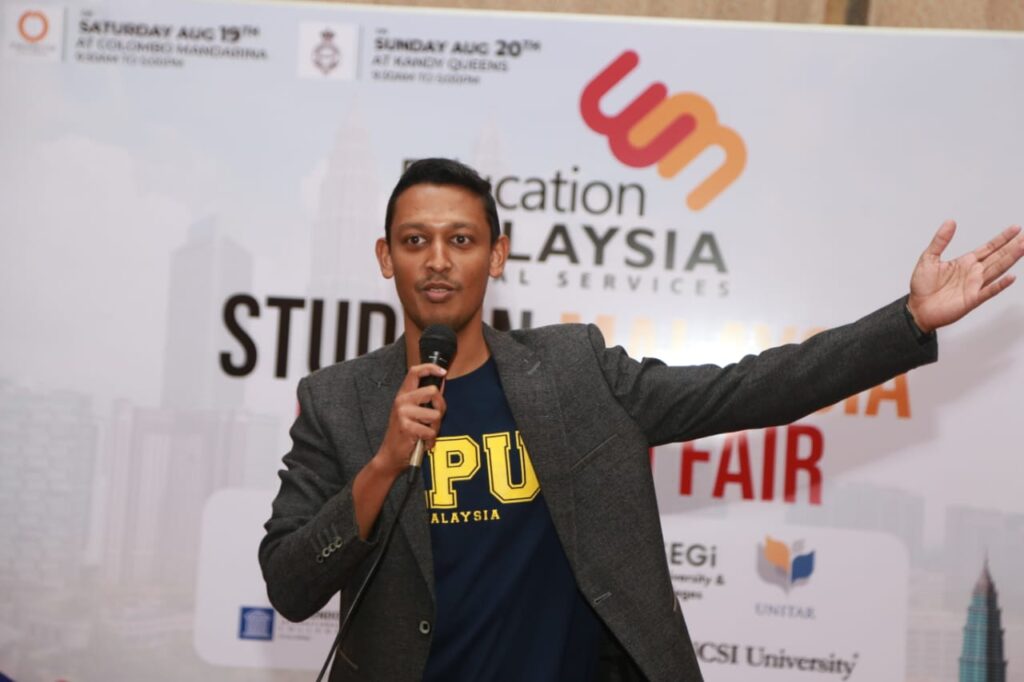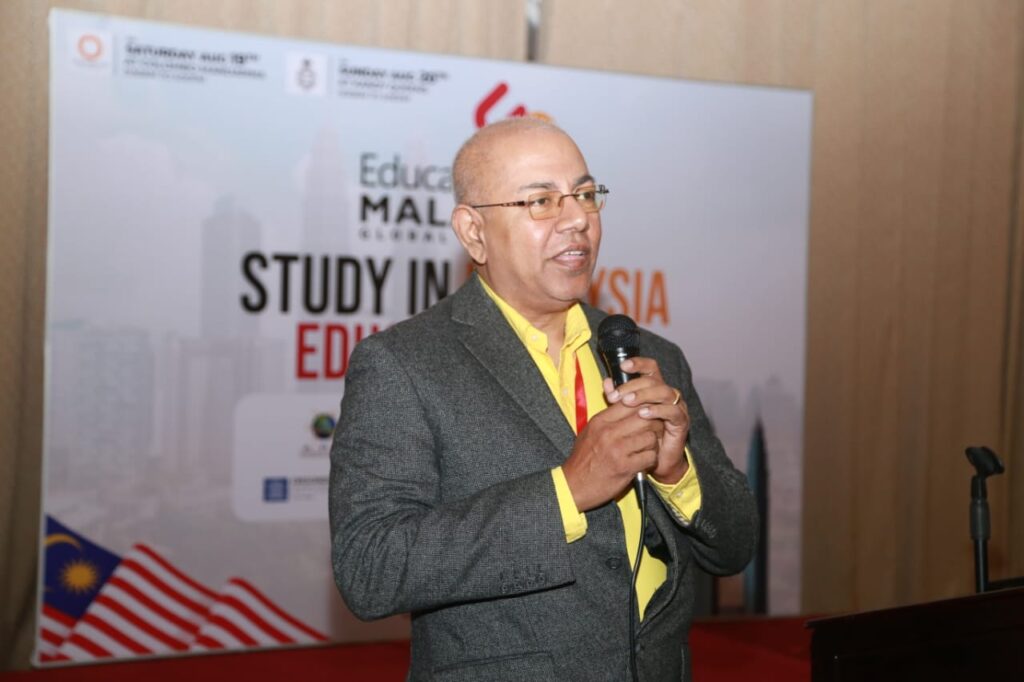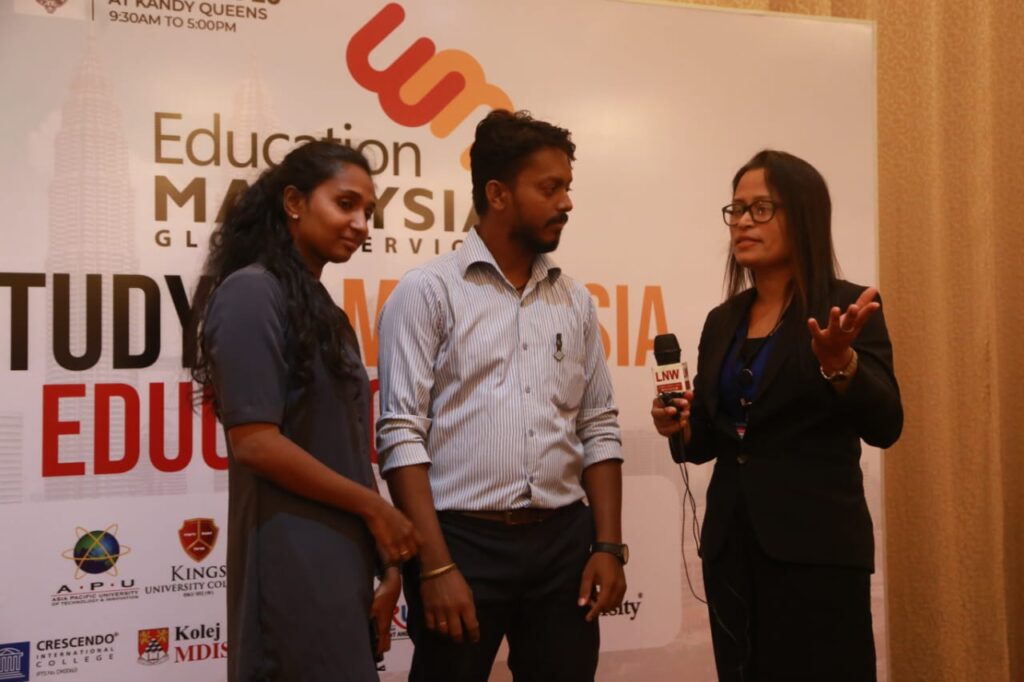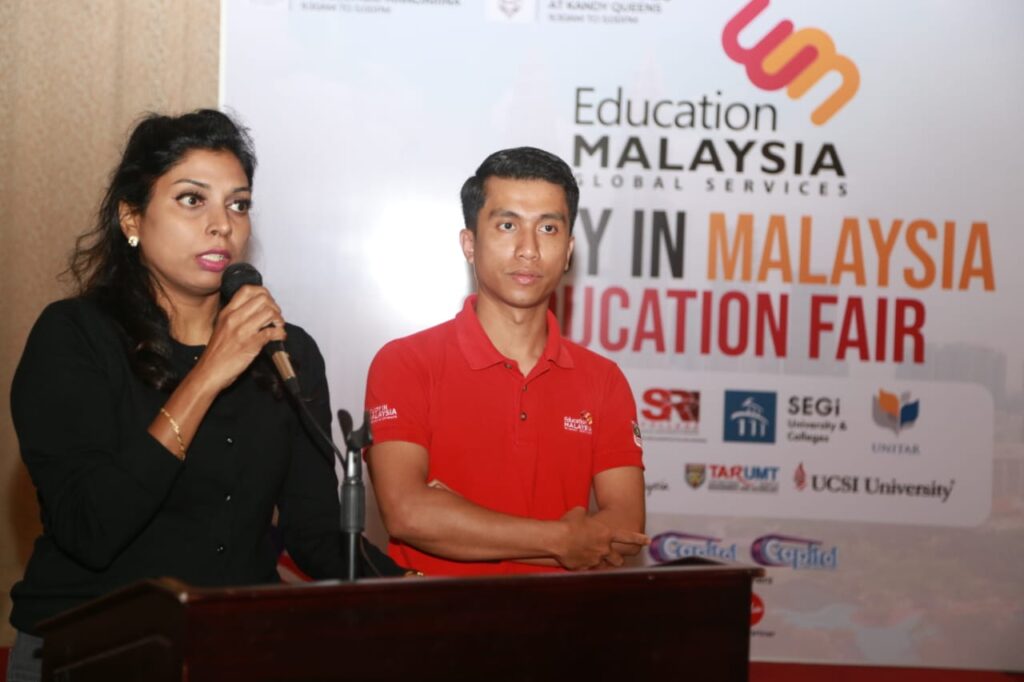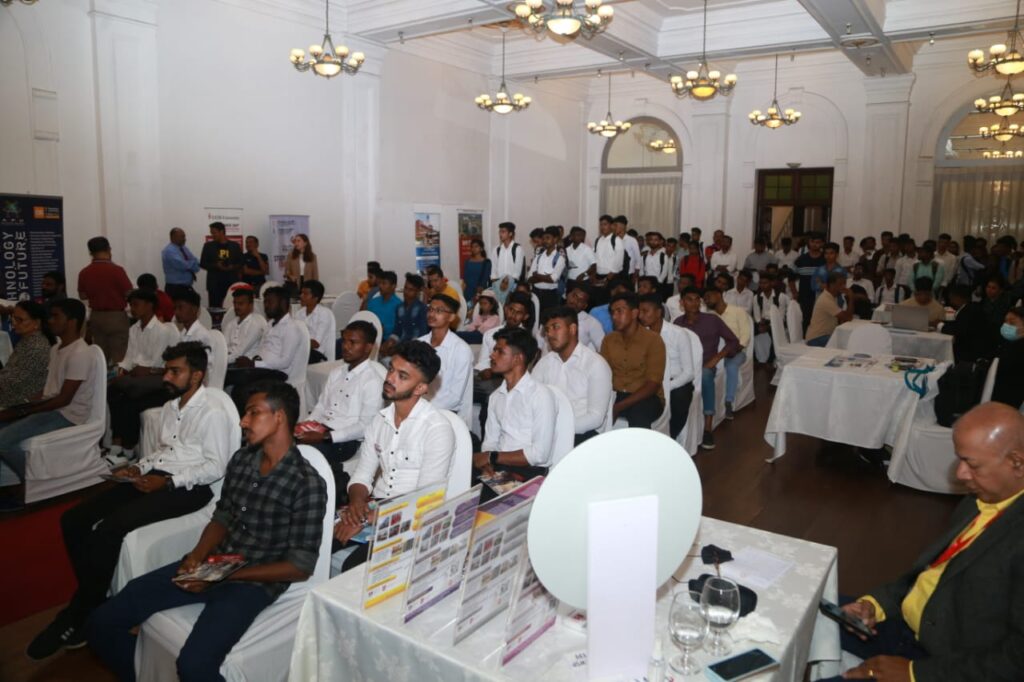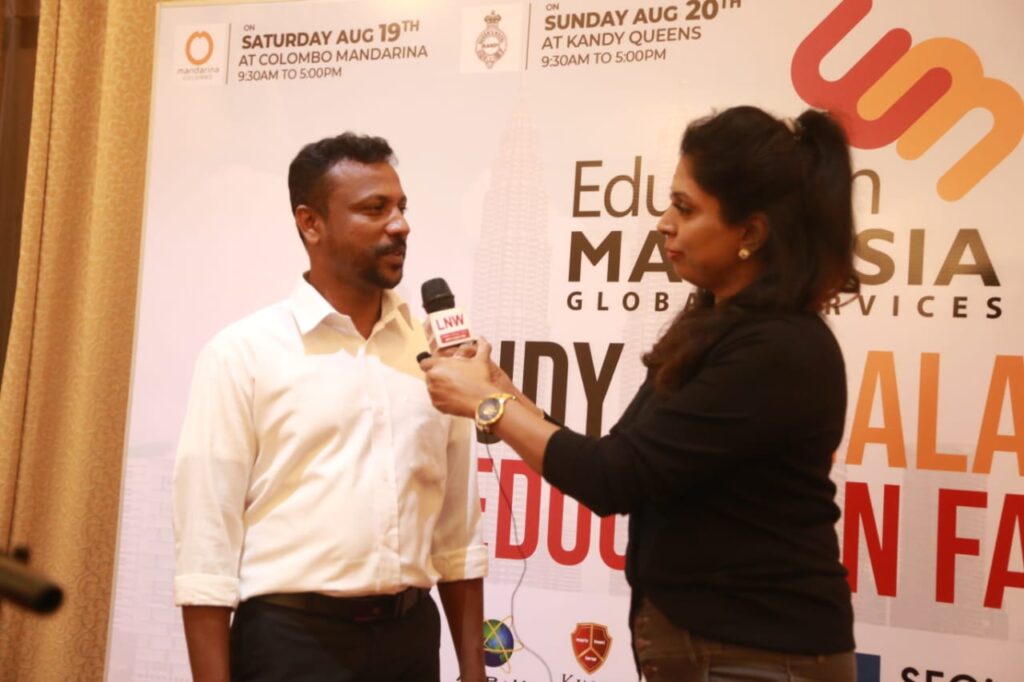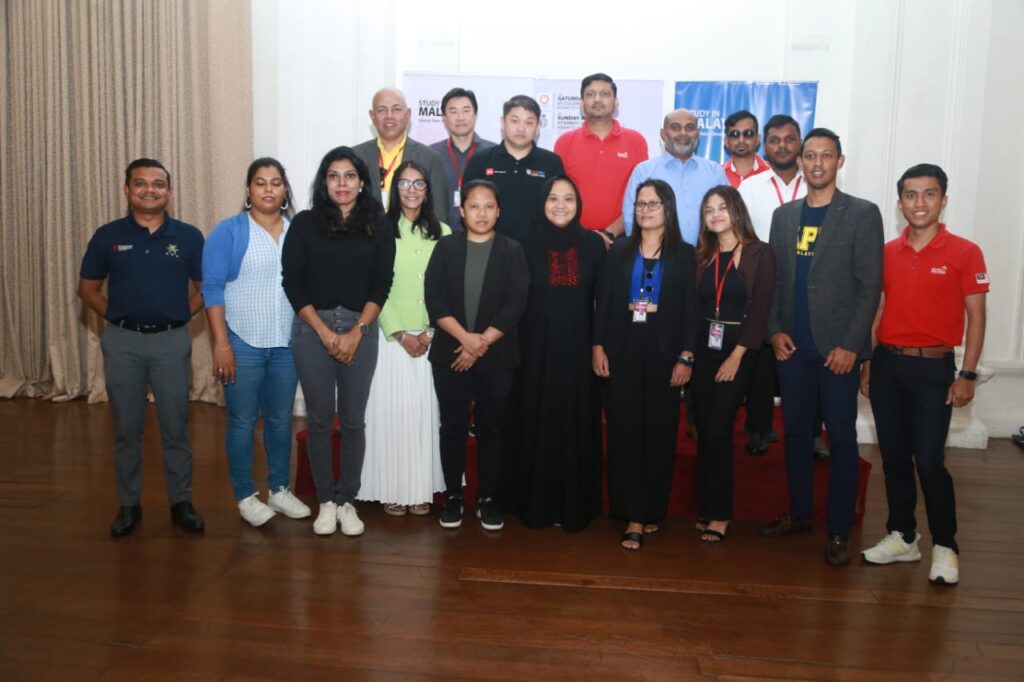By: Staff Writer
Colombo (LNW): President Ranil Wickremesinghe leaveS the country this morning (21) for a two-day official visit to Singapore, the President’s Media Division (PMD) reported.
Throughout this visit, President Wickremesinghe has a series of significant meetings planned, including discussions with Singapore’s President, Mrs. Halimah Yacob and talks with Prime Minister Lee Hsien Loong, Defence Minister Ng Eng Hen, and Sustainability and Environment Minister Grace Fu Hai Yien. The latter will engage in bilateral talks with President Wickremesinghe.
The total trade turn over between Sri Lanka and Singapore amounted to US$ 851.69 Mn in the year 2022. Sri Lanka exported US$ 144.5 Mn worth goods to Singapore recording a 46 increase in comparison to the previous year.
Sri Lanka’s main export items to Singapore are petroleum oil, precious stones, wheat, tea and sea foods.
Under the provisions of Article 6 of the Paris Agreement, countries have the opportunity to collaborate effectively with the objective of reducing global greenhouse gas emissions through international carbon trading.
Accordingly, a cooperative understanding concerning carbon neutrality within the framework of the Paris
Agreement will be signed between the governments of Sri Lanka and Singapore. after deliberations between President Ranil Wickremesinghe and the Prime Minister of Singapore, said the PMD.
President Wickremesinghe revealed that Sri Lanka has already forged a crucial trade agreement with Singapore and is actively negotiating with Thailand.
The President also announced that Sri Lanka has applied to join the Regional Comprehensive Economic Partnership (RCEP), recognizing the potential of this vast trade block comprising major economies like China, Japan, and Korea.
He emphasized that Sri Lanka’s economic focus should now turn towards the east, given the rapid development in that region.
Joining the President on this visit will be Sagala Ratnayaka, Chief of Presidential Staff and Senior Advisor on National Security; Ruwan Wijewardena, Senior Advisor on Climate Change; and Dr. R.H.S.Samaratunga, Senior Advisor on Economic Affairs.
Simultaneously, during President Wickremesinghe’s absence from the country, four Acting Ministers have been designated to oversee the ministries under his purview.
The appointments include Minister of State for Defence Pramita Bandara Tennakoon as the Acting Minister of Defence; Minister of State for Finance Shehan Semasinghe as the Acting Minister of Finance, Economic Stabilization, and National Policy for the duration of the President’s absence;
Minister of State for Technology Kanaka Herath has been appointed as the Acting Minister of Technology; and Minister of State for Social Empowerment Anupa Pasqual has been appointed as the Acting Minister of Women, Child Affairs, and Social Empowerment, it added.


